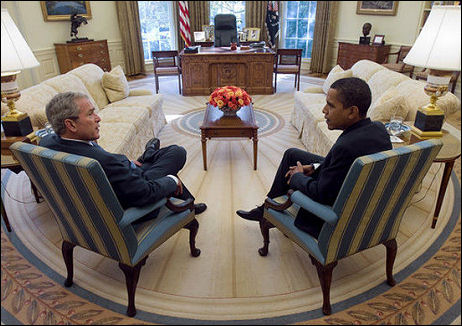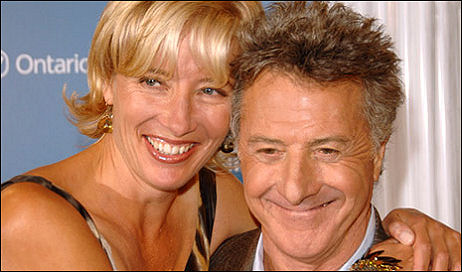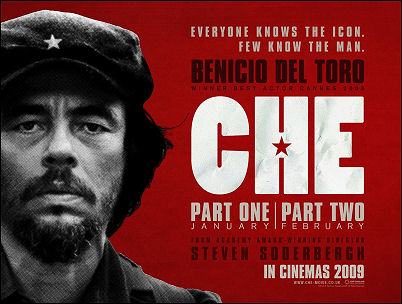I’m getting a funny aroma from this second-hand, loose-talk, Playlist-posted review of The Curious Case of Benjamin Button, which came from a conversation between Playlist editor Rodrigo Perez and a friend who’d just come from a screening. The gist is that “while the guy didn’t think it was terrible, [he] did say the film wasn’t the tearjerker we all heard it was supposed to be and was much more of an ’emotional dud.'”
That aside, the friend said that David Fincher‘s film has “the kind of tepidness that the Academy loves.”
The reason I’m skeptical is because of a line at the end of the fourth paragraph. After Perez expresses his own concern that Button might contain “some fanciful Forrest Gump-like elements within the story given that Gump screenwriter Eric Roth also penned Button,” he says that the friend “confirmed that the film contained some icky traces of that unfortunately highly-respected dud.”
Forrest Gump bothered the hell out of me, but it obviously worked on its own treacly and manipulative terms — many people were obviously knocked over by it — and calling it a “highly respected dud” is rash and intemperate. This tells me there’s a slash-and-burn, screw-emotion, hard-hearted mindset at work here.
“Apparently the older crowd [at the screening] was digging it and weepy,” Perez summarizes, “but it sounds like a film [that] younger audiences and younger critics might not get behind and support whole hog.” The friend added, however, that “if it becomes a popular hit a la Gump its chances with the Academy will increase.” Naturally.




